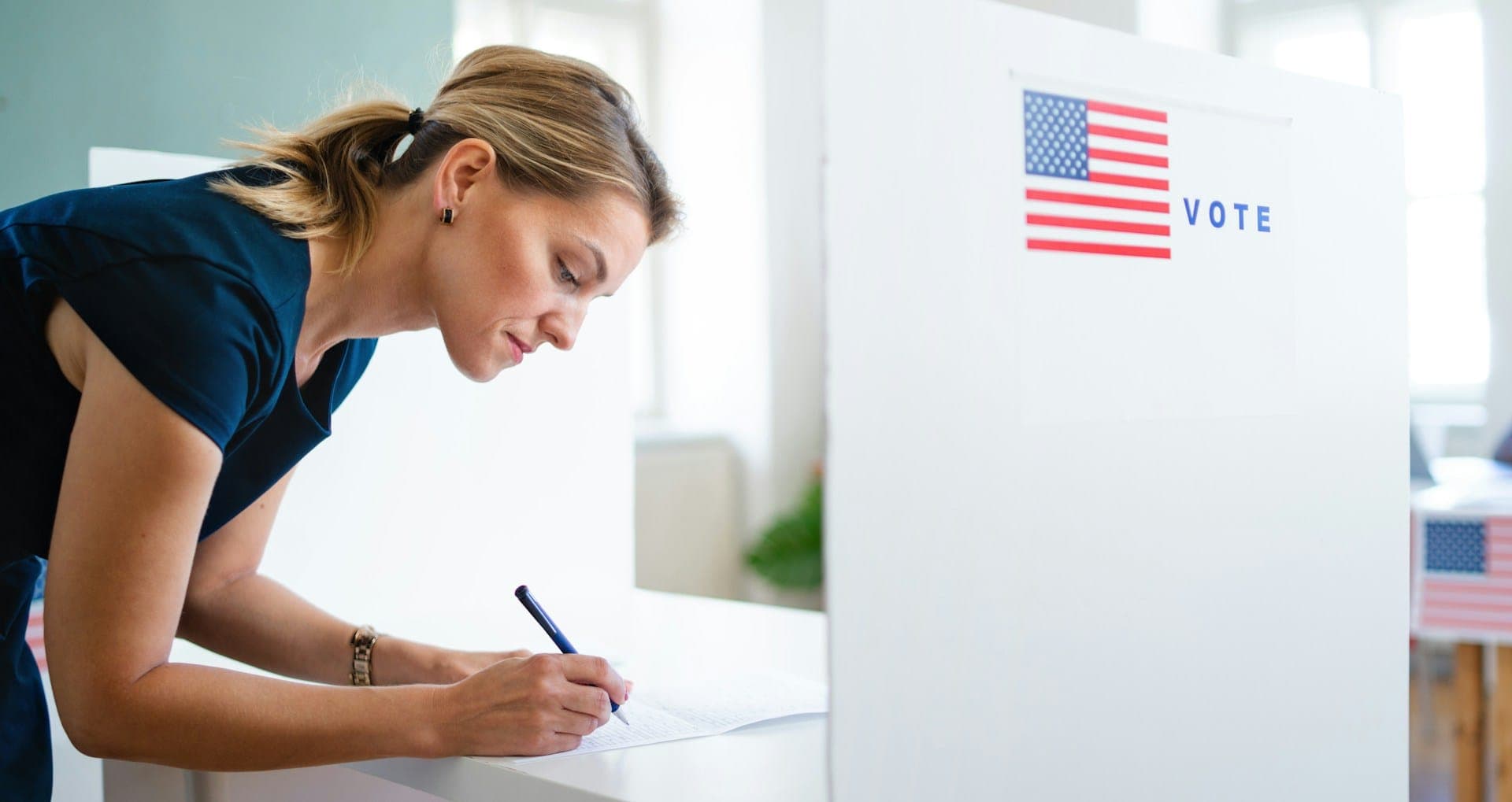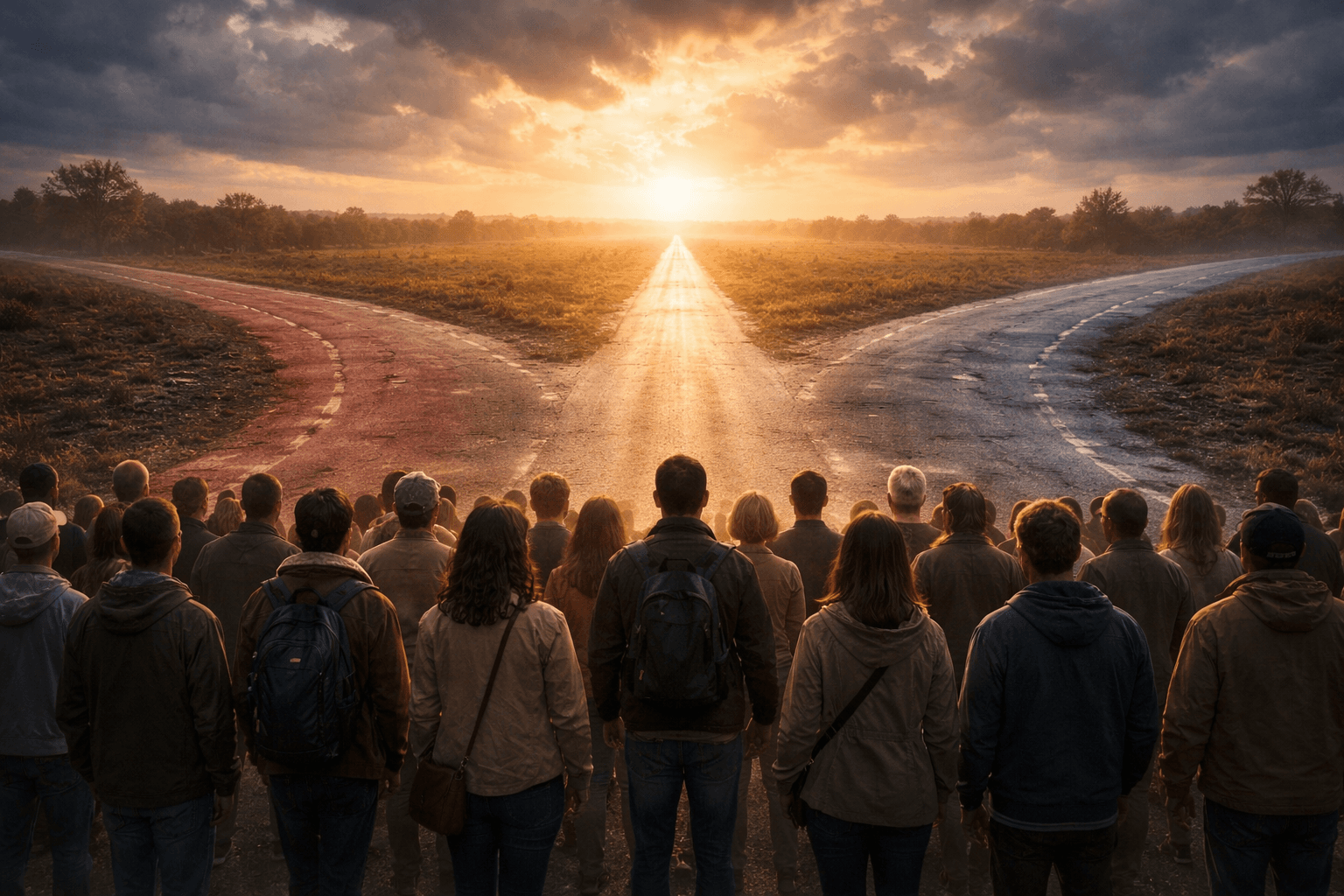Independent Voters Are Many Things -- A Myth Isn't One of Them

Photo Credit: Getty Images / Unsplash+
Open Primaries continued its ongoing virtual discussion series Tuesday with a conversation on independent voters, who they are, and why we have a system that actively suppresses their voices at every level of elections and government.
Open Primaries President John Opdycke sat down with Independent Voting President Jackie Salit, who has been at the forefront of the independent movement for 40 years and is the author of "Independents Rising: Outsider Movements, Third Parties, and the Struggle for a Post-Partisan America."
Independent voters are the fastest growing segment of the voting population in the US. As much as half of the electorate either self-identifies and/or is registered independent of a political party.
In half the states that register voters by party, independent voters outnumber the membership of at least one major party. In more than a few, they outnumber the membership of both major parties.
And yet, the rhetoric and treatment of independent voters in US elections hasn't changed as their numbers grow. Partisan pundits will acknowledge that they are critical in presidential election outcomes, but at the same time say they are a myth and are really Republican or Democrat "leaners."
"When people identify themselves as 'independent' or register as independents they are opting out of [party] labeling. They're not opting out of participating -- far from it," said Salit.
"But there is a notion that there are only two things that you can be. You can only be a Democrat and only be a Republican." She added that this bias -- and I would add entitlement -- is baked into the system and is used to suppress independent voters.
The parties insist that voters should have to join them in order to have the right to vote -- and in states across the country, party leaders are moving to close taxpayer-funded primary elections despite independent voters making up huge segments of the voting population.
Opdycke and Salit dive deep into this issue as well as the old narratives that perpetuate a misunderstanding of who independent voters are and why they choose to be independent, and how this factors into a shift in how people view reform like nonpartisan primaries.
Check out the full conversation above.
 Shawn Griffiths
Shawn Griffiths





